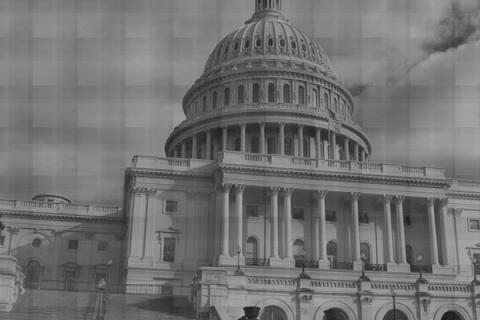 I witnessed an interesting exchange while watching the October 19 episode of Real Time with Bill Maher. It was between two conservative columnists, Boris Epshteyn and John Fund, and MSNBC contributor Goldie Taylor and really highlighted why partisanship is dangerous for all Americans. The commentators argued about which party had a worse record on voter registration fraud. Epstheyn made an argument for voter ID laws and Taylor made the case that such laws are a ploy by the GOP to disenfranchise minority voters.
I witnessed an interesting exchange while watching the October 19 episode of Real Time with Bill Maher. It was between two conservative columnists, Boris Epshteyn and John Fund, and MSNBC contributor Goldie Taylor and really highlighted why partisanship is dangerous for all Americans. The commentators argued about which party had a worse record on voter registration fraud. Epstheyn made an argument for voter ID laws and Taylor made the case that such laws are a ploy by the GOP to disenfranchise minority voters.
Taylor also pointed out a recent report in which a firm supporting the GOP had been found dumping voter registration forms. John Fund countered by bringing up the ACORN voting scandal and asked Taylor if she was vocal about calling that out when it benefited the Democratic Party. Taylor responded by saying, “Absolutely not.” A brief argument ensued before Maher ended the back and forth so he could end the show with his customary New Rules bit.
This exchange highlights the damage that extreme partisanship can inflict on the national conscious. Forget about the merits of each argument, the discussion turned into an argument about whose voting crimes were worse. There was no argument to counter the accusations, but in defending their “side” they argued essentially that “regardless of what people on my side have done, it’s the people on your side that are the problem.”
It’s reasonable that people will defend their political views and the people and organizations that represent them, but blind loyalty is destructive. At the heart of it all, political parties are supposed to represent the ideals of the people who stand behind them. When defending the political party becomes more important than defending the ideals the party is supposed to represent, it’s the people that lose their voice.
While there is nothing wrong with supporting a political party that caters to a particular interest, voters shouldn't adjust their interests simply to side with a political party. Even if someone is inclined to identify as a Republican or a Democrat (or another party), they should be just as critical of the dirt in their own house as they are about the dirt across the street.
If people are never willing to question the politicians they appoint and support, then these politicians will never try to live up to a standard worthy of their trust and allegiance. In the end, the people give the politicians power because they elect them. If politicians aren't held to a standard of criticism, regardless of party affiliation, people undermine the power vested to them as voting citizens.
A political attitude that legitimizes tit-for-tat between parties leaves the joke on us.
